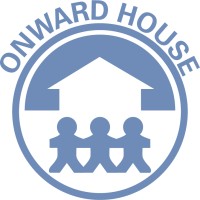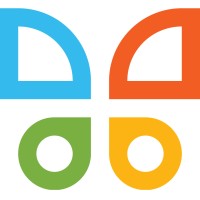
Onward Neighborhood House
Founded in 1893, Onward Neighborhood House’s mission is to open doors to improve lives and uplift communities through educational, economic, and support services. ONH serves the Belmont Cragin (BC) Community Area, home to Chicago’s largest Latino population. BC and surrounding areas have become a “landing neighborhood” for newly arriving immigrants and those who have been forcibly transported by other states. The poverty rate in Belmont Cragin is nearly twice the national average, resulting in a scarcity of accessible early and adult education, food, healthcare, and other basic needs. The ONH staff is deeply integrated and engaged in the Belmont Cragin community: 92% of our staff are people of color, 80% of our executive leadership are Latino, and our executive leadership has served the organization for 20 years. Education and Development • Early Learning (Belmont Cragin, Austin, and Home-Based Program) o Motor skills, problem-solving, communication, literacy, and social emotional development for over 200 children aged 2-5 o Critical after-school and summer learning opportunities for children aged 5-12 o Special education screening, IFSP and IEP support, and family support education o English-Spanish bilingual environment for accessibility to the BC community • Adult Education o Professional skills development for over 800 adult learners annually o Classes on IT, computer skills, ESL, GED, citizenship, and business management Healthcare and Food Pantry • Co-located healthcare clinic run by CommunityHealth for free primary care, labs, vaccines, and pharmacy for people without insurance • Belmont Cragin Food Pantry distributes 5,000 lbs. of food to 250 families each week Illinois Welcoming Center (IWC) for Immigrants and Refugees • Nearly 3,500 migrants served in YTD FY2023 • 2,500 referrals made, 750 cases managed, and 250 crisis interventions, a major increase each year since 2021 • All staff employed under the IWC are bilingual English-Spanish and immigrants






